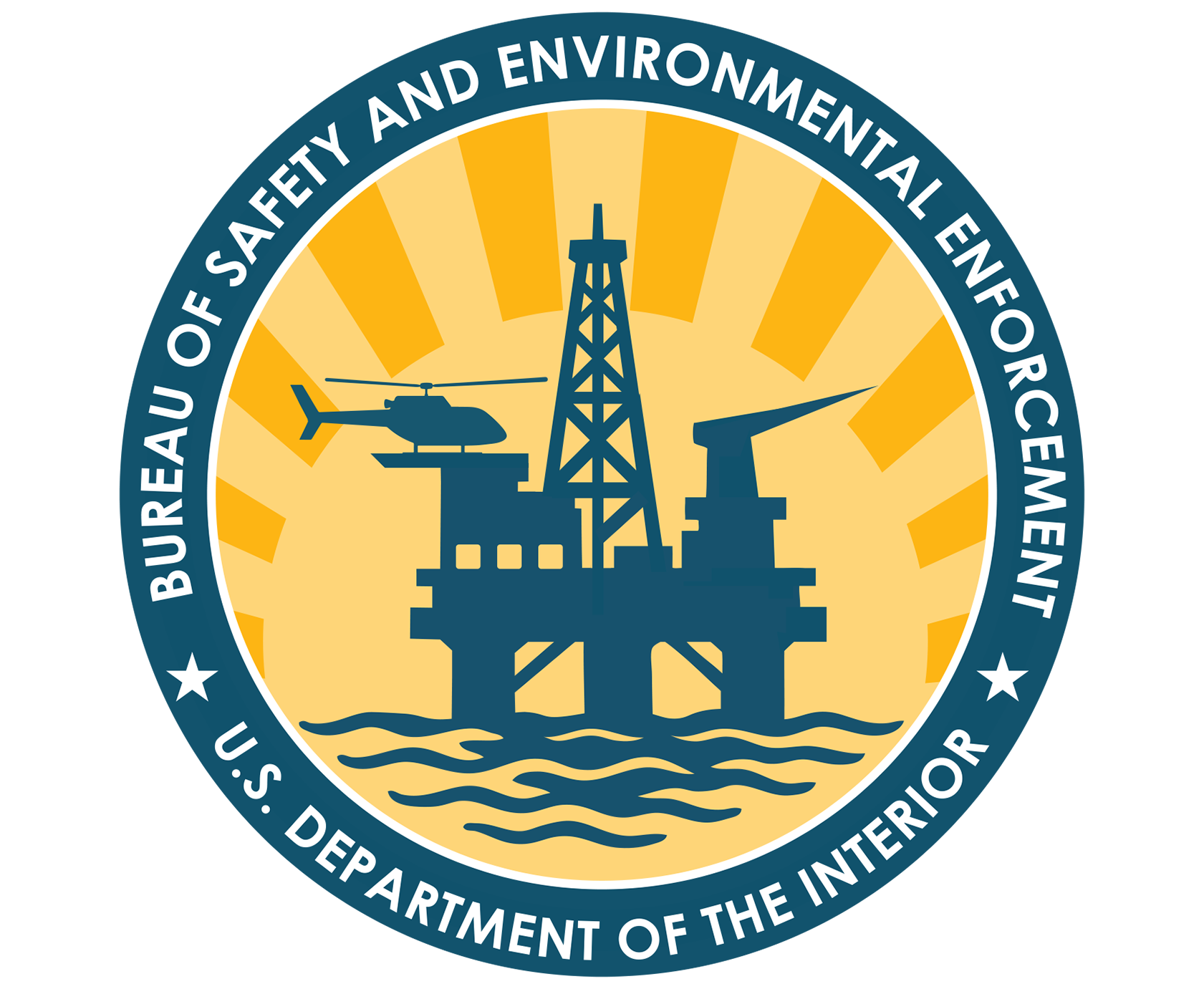TROPICS Longitudinal Study in Support of Shoreline Spill Response Net Environmental Benefit Analysis (NEBA) Joint Industry Project (JIP) Scope of Objectives
The TROPICS Longitudinal Study in Support of Shoreline Spill Response Net Environmental Benefit Analysis (NEBA) Joint Industry Project (JIP) is a collaboration with Clean Caribbean & Americas (CCA), and NOVA Southeastern University and others representing federal agencies, academic institutions and industry partners. This is a follow on to the 1984 TROPICS study where a series of intentional releases of Prudhoe Bay Crude oil and the same oil inoculated with dispersant were conducted in the nearshore and tropical mangrove wetlands of the Bahia Almirante and Laguna de Chiriqui, near Bocas del Toro, Eastern Panama. The releases were made to study the tradeoffs of chemical dispersants on tropical marine and subtidal systems. The site has been reassessed over the years and this project collected data on the 40-year anniversary of the release with permitting coordinated through the Smithsonian Tropical Research Institute in Panama. Biological data regarding mangrove health, invertebrate communities within the mangroves, seagrass health, coral reef and associated flora and fauna health as well as hydrocarbons within the sediment will be assessed.
The goal of the project is to expand the understanding of crude oil and dispersed oil's short- and long-term impacts on shorelines and near-shore environments to better inform the Net Environmental Benefit Analysis (NEBA) process, aiding oil spill responders with empirical data and information to use in their decision making and planning process. This long-term monitoring also presents an opportunity to inform responders and researchers of the evolution of oil spills, with and without use of dispersant, over time leading to a better understanding of delayed or long-term consequences enabling more accurate risk assessments.
This 14-month, $150,000 project will support BSEE OSPD’s preparedness role overseeing response planning for facilities in the Outer Continental Shelf (OCS) that could potentially release oil into the water and impact shorelines and wetlands of the United States. This is critically important as seagrass and mangrove habitats have expanded their ranges in the U.S. Gulf of America in locales vulnerable to spills from BSEE jurisdictional waters in the OCS.
Project initiated on 4-01-2024.
Estimated completion date: 11/30/2025.
Update project description with new Abstract format.
